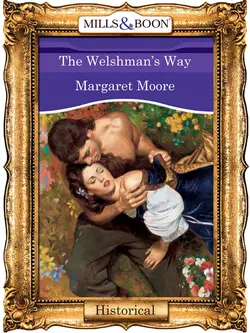The Welshman′s Way

Margaret Moore
Тип: электронная книга
Жанр: Современная зарубежная литература
Язык: на английском языке
Стоимость: 150.68 ₽
Статус: В продаже
Издательство: HarperCollins
Дата публикации: 16.04.2024
Отзывы: Пока нет Добавить отзыв
О книге: Reluctant Bride Never the docile, obedient maid, Madeline de Montmorency railed against her fate, proclaiming she′d not go willingly to the marriage bed of a stranger.Especially since her heart had chosen another alliance – with a man branded as an outlaw, and a thief! Rebel Outlaw Dafydd ap Iolo was weary of the fight until he laid eyes upon the fiery Lady Madeline.For here was the first Norman he′d no desire to call an enemy, and his longing for the green hills of Wales dimmed against the burning flame of their mutual desire.